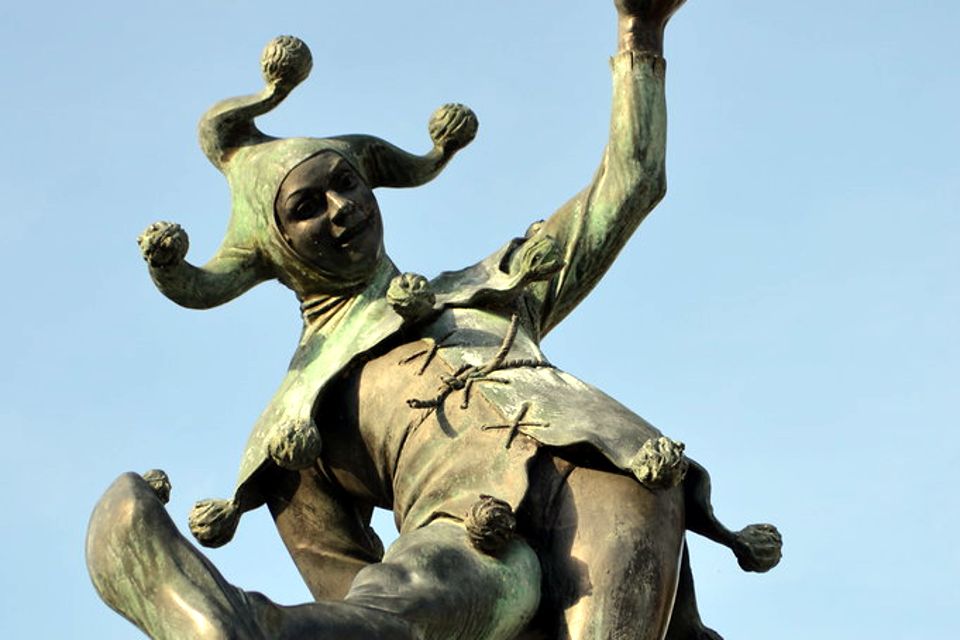
The Fool of Fools
“All the world’s a stage,
And all the men and women merely players;
They have their exits and their entrances;
And one man in his time plays many parts,
His acts being seven ages.”
― William Shakespeare, As You Like It
Stratford-upon-Avon was the last leg of a trip I made in the English countryside. The rush and excitement exuded by our group in the morning (for Stonehenge) were already much dampened by heat; it turned out to be the hottest day of the year 2019 in England.
Stratford-upon-Avon is a popular tourist destination owing to its status as the birthplace and gravesite of playwright and poet William Shakespeare. It receives approximately 2.5 million visitors a year.
Among its main attractions is a restored 16th-century half-timbered house where William Shakespeare was born in 1564. It is now a small museum open to the public and a popular visitor attraction, owned and managed by the Shakespeare Birthplace Trust. This museum was going to be our last destination that afternoon.
We finally reached the town center and paying obeisance to our tour guide, we all quietly got off the bus for what she described would be “a brief and non-stop walk to Shakespeare’s birthplace.” Well, it didn’t turn out to be brief, nor was it uninterrupted, for the subject of the first public sculpture I encountered – Shakespeare’s Fool – demanded it. Fools demand to be heard.
A plaque was attached to the base of the free-standing sculpture of the man with a fool’s cap, and on it, the following words were inscribed: “The fool doth think he is wise, but the wise man knows himself to be a fool.” (William Shakespeare, As You Like It)
I must be foolish enough to enjoy reading narratives of fools ever since the first batch landed on my lap in a class on English Renaissance Literature in college. In this period, the jester was symbolic of common sense and honesty, notably in King Lear, where the court jester is shown as a character used for insight and advice on the part of the monarch.
In due course, I eventually realized that the most foolish of all fools was someone who was introduced to me even from way back, and that what she valued most of all in life is her being ancilla Domini, a handmaiden, a servant. She was brilliant though for choosing to serve no less than the King of all kings. Indeed, Mary’s fiat was foolish as her affirmative response to God’s call could have led Joseph to disown her. And why should a mother glorify herself in being called a handmaid of a Child whom she bore in her womb for nine months, she is Theotokos, the Mother of God, no less!
May we learn to appreciate more Mary’s foolishness as this was the key to the fulfillment of the covenant between the God of Israel and man.
“How beautiful it is to be God’s jester! How beautiful to act out such a role for Love, with a spirit of sacrifice, not seeking any personal satisfaction, but just to please Our Father God who is playing with us! Turn to Our Lord with confidence and say to him: ‘I don’t feel like doing this at all, but I will offer it up for you.’ And then put your heart into the job you are doing, even though you think you are just play-acting. Blessed be play-acting!” (Friends of God, 152)
Santa Maria, spes nostra, ancilla Domini, ora pro nobis.
Holy Mary, Our Hope, Handmaid of the Lord, pray for us.
(Honey Libertine Achanzar-Labor, PhD)


No Comments